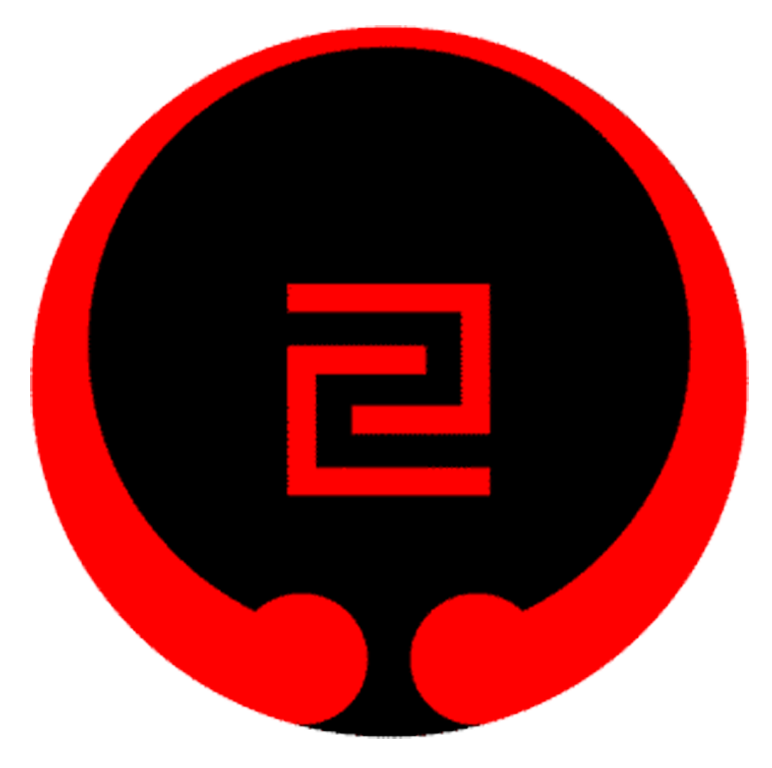EGKA Paddock Hill, under the instruction of Andre and Daphne Leister, is a dojo, which is licensed to promote Goju-Ryu Karate under the tutelage of our chief instructor of the association, Ernie Molyneux Sensei.
Translation of the word KARATE is "empty-handed" or "weapon-less" defence. In Karate the human body is trained to become all the weapons a person may need for self-defence.
To prepare the body to become effective systematic thorough warming-up exercises are practiced; beginning at the feet, moving upwards tensing and relaxing the muscles and finishing at the head. Performing these exercises is said to improve the performance of the lungs, heart and digestive system.
There are also a large number of floor based exercises such as press-ups and involving prolonged tension of the muscles in the head, arms, chest (pectoral muscles) stomach and legs. These techniques are combined with breathing exercises to develop "KI", which is the Japanese translation of the Chinese word "CHI". The suppleness and strength gained from these exercises is essential for the students to continue to progress satisfactorily.
Karate teaches the student how to use the body as a weapon. The body's arsenal is used in a bewildering way to defend oneself against an attacker. Good posture is essential to Karate training. The variety of techniques in the Karateka's armoury is delivered mainly from closed fists and the feet, though also from the elbows, knees and even the head!
There are various ways to strike different areas of the human body. Karate training highlights the type of strike necessary to produce maximum effect to any given part of the antagonist's anatomy. The major techniques are fatal blows to the body's vital points.
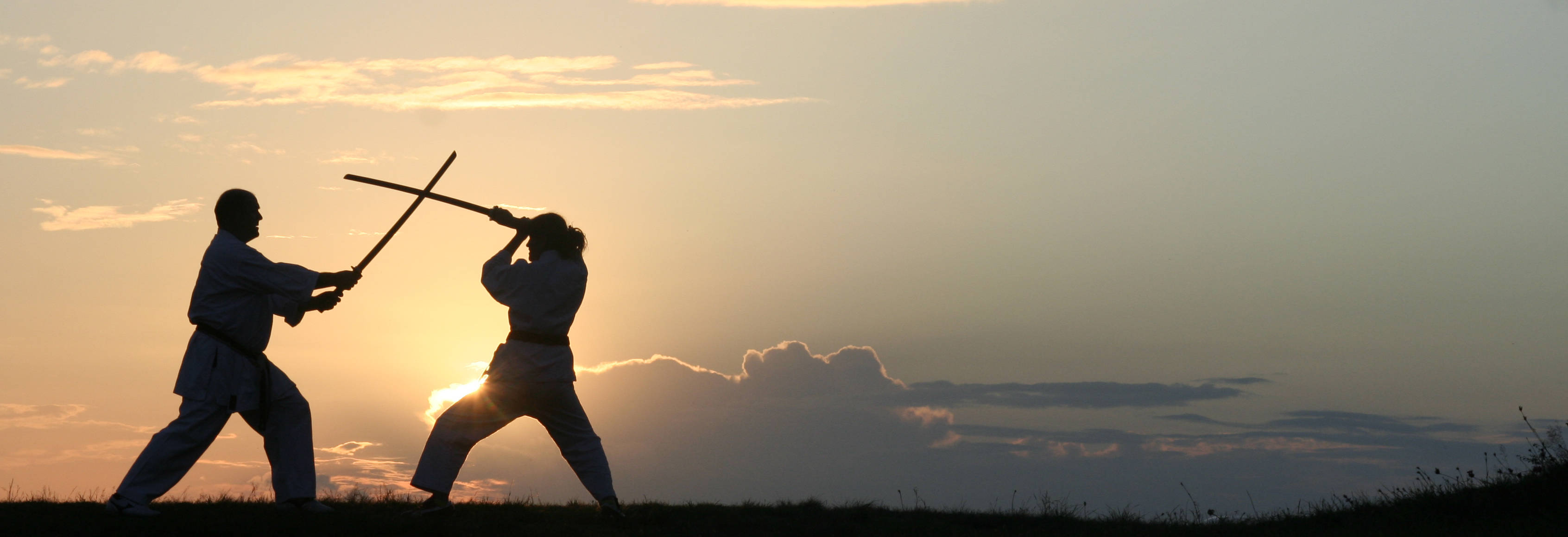 |
|
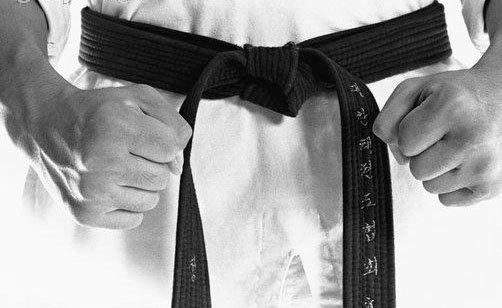 The EGKA, IOGKF has a full and comprehensive grading structure, with the usual accompanying time spans between gradings. An annual licence fee provides the student with membership to the association and permits a student to partake in the grading syllabus and to compete in local, national and international competitions. The EGKA, IOGKF has a full and comprehensive grading structure, with the usual accompanying time spans between gradings. An annual licence fee provides the student with membership to the association and permits a student to partake in the grading syllabus and to compete in local, national and international competitions. |
|
Gradings will be held regularly at the dojo but there are strict time scales through the advancement to Black belt. In addition, 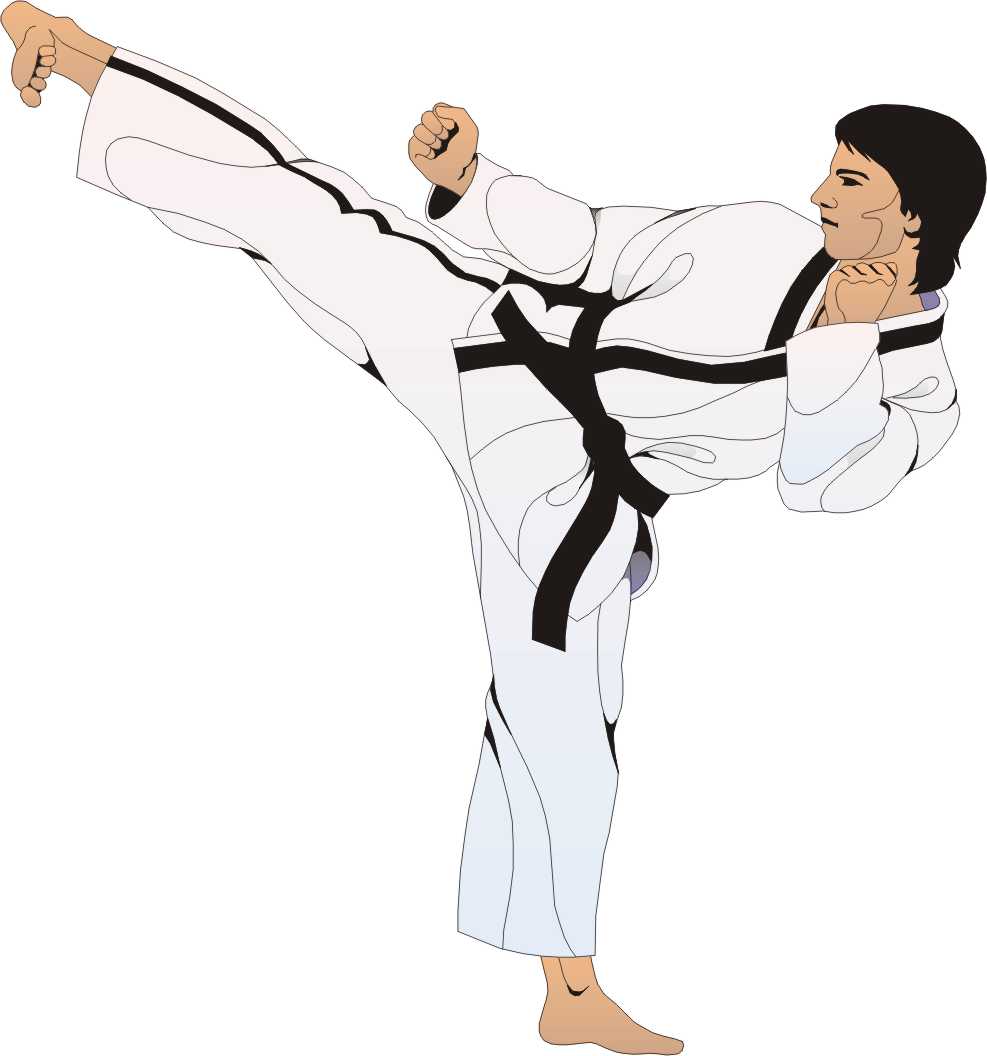 both Senseis Andre and Daphne plan to attend the EGKA, IOGKF Gasshuku's at least twice a year, where they will support their students during any Black belt grading, to improve their skills and to keep abreast with any changes in technique, syllabus or organisational rules. both Senseis Andre and Daphne plan to attend the EGKA, IOGKF Gasshuku's at least twice a year, where they will support their students during any Black belt grading, to improve their skills and to keep abreast with any changes in technique, syllabus or organisational rules. |
| |
| |
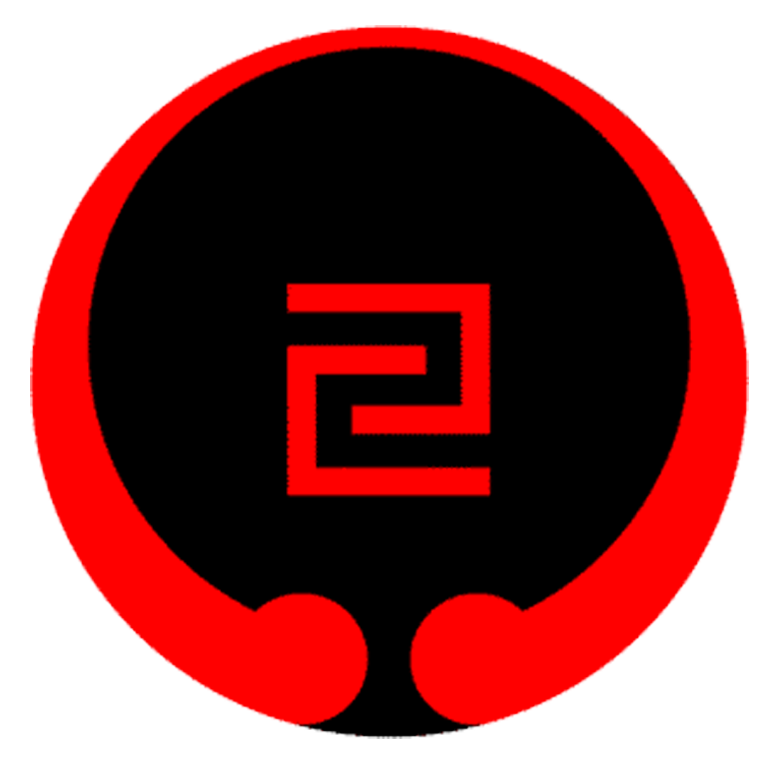 The IOGKF badge explained
Heaven and Earth are described as Kenkon in Japanese.
Ken meaning heaven and Kon indicating earth. Heaven is shown as round and earth as square, which symbolises the vastness of heaven and earth. The badge expresses the harmony of hardness and softness in nature... heaven and earth.
The meaning of Goju is directly related to the badge since this also means hard and soft, Go translates as hard whilst Ju equals soft.
The symbol within the circle is the family crest of the Miyagi family, since the idea of heaven and earth, hard and soft originated with Miyagi Sensei. |
|
